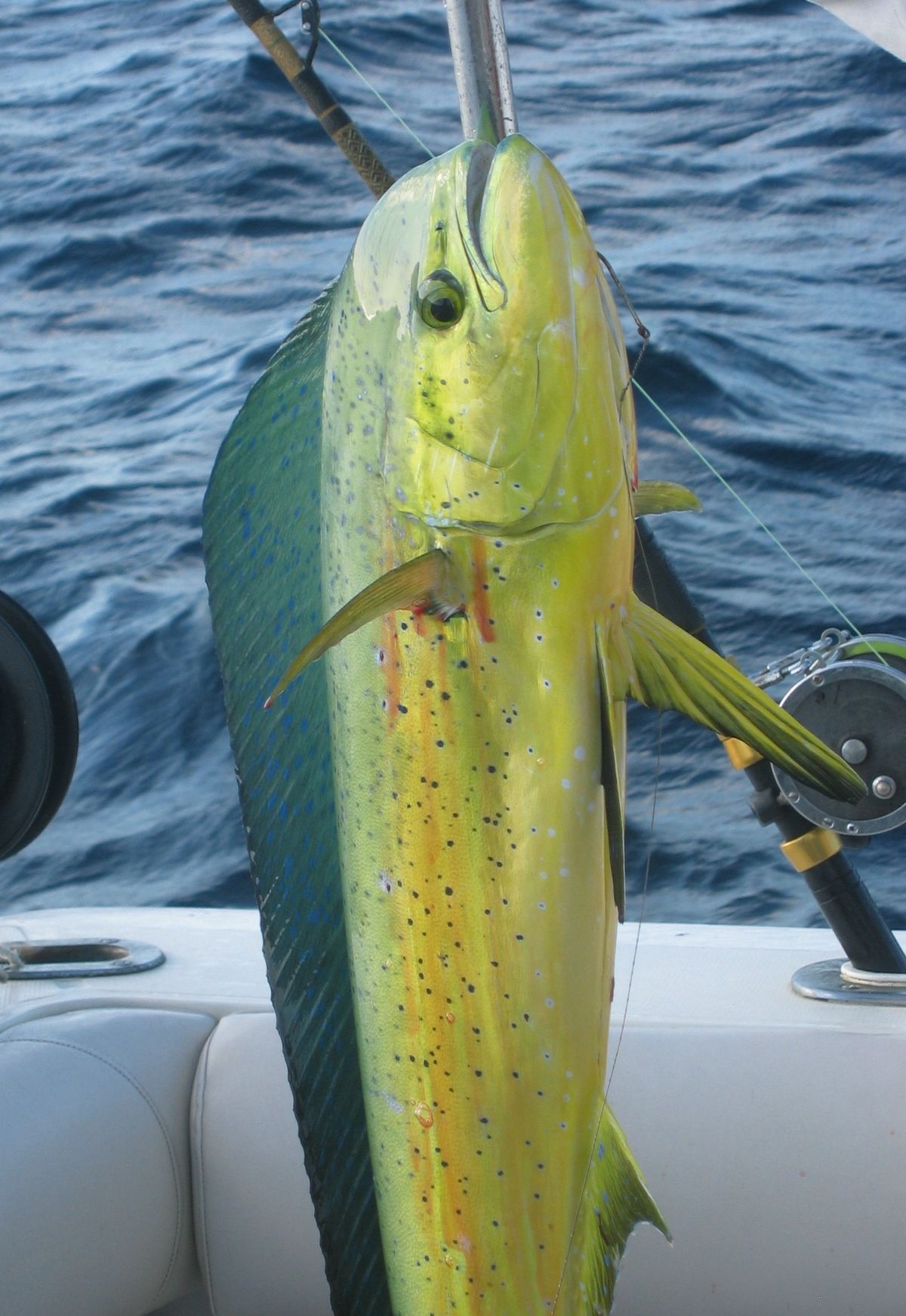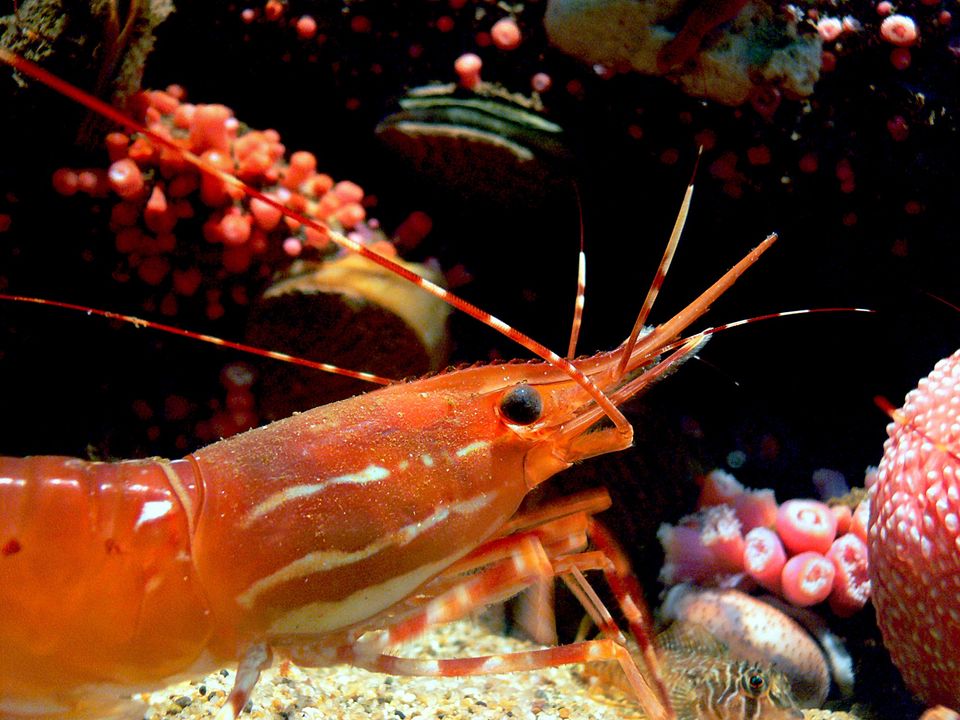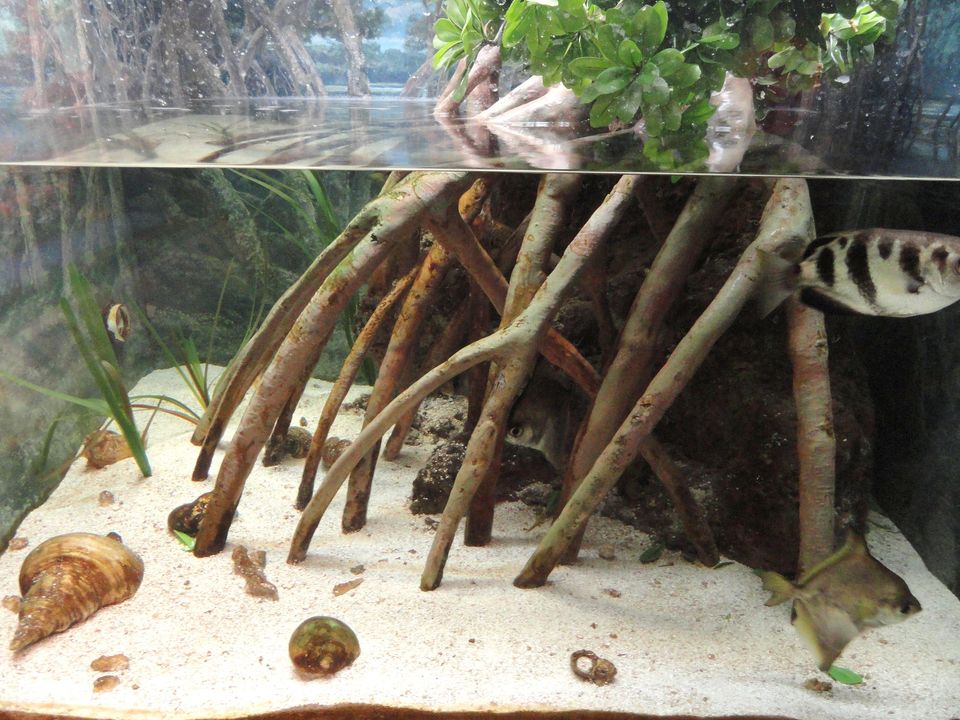Is it possible to keep MahiMahi fish at your home aquarium?
Well... Let's address this silly / more thoughtful question. Obviously it is a large beautiful species of fish. Definitely an exotic fish. If you are an exotic enthusiast will you go for this challenge?

Well... Let's address this silly / more thoughtful question. Obviously it is a large beautiful species of fish. Definitely an exotic fish. If you are an exotic enthusiast will you go for this challenge?
I asked this question to an enthusiast who is a calm and polite person to check his patience. Here is what he/she said:
It is generally not recommended to keep mahimahi (also known as dolphinfish or dorado) in a home aquarium due to their large size and high energy needs. Mahimahi can grow up to several feet in length and require a very large tank with a minimum volume of at least 1000 gallons. They are also fast swimmers and require a lot of space to swim and exercise.
In addition to their size and space requirements, mahimahi have a high metabolism and require a diet rich in protein to maintain their health. They may also be sensitive to changes in water quality and temperature, which can be difficult to maintain in a home aquarium.
For these reasons, it is generally not advisable to keep mahimahi in a home aquarium. If you are interested in keeping marine fish, it may be more practical to choose a smaller, hardier species that is better suited to life in an aquarium.
If you don't know what MahiMahi is, then keep on reading.
MahiMahi (a.k.a dolphinfish or dorado)
Mahimahi (also known as dolphinfish or dorado) are a highly prized and sought-after species of fish that are native to the tropical and subtropical waters of the Atlantic, Pacific, and Indian Oceans. They are known for their striking appearance, with shimmering blue and green scales and a distinctive elongated dorsal fin.
Mahimahi are fast-growing fish that can reach sizes of up to 6 feet in length and 100 pounds in weight. They are a popular sport fish and are highly prized for their firm, white flesh and delicate flavor. They are also an important food fish in many parts of the world and are commonly caught and sold fresh, frozen, or canned.
Mahimahi are known for their high energy and strong swimming ability, and they are often found in schools near the surface of the water. They are opportunistic feeders and will consume a wide range of prey, including small fish, squid, and crustaceans.
Despite their popularity and value, mahimahi are vulnerable to overfishing and are considered to be at risk in some parts of the world. Efforts are being made to conserve and manage mahimahi populations, including the implementation of catch limits and sustainable fishing practices.
This article is intended to support the conservation efforts to save mahimahi from extinction, Let's spread the awareness among the ignorant.




